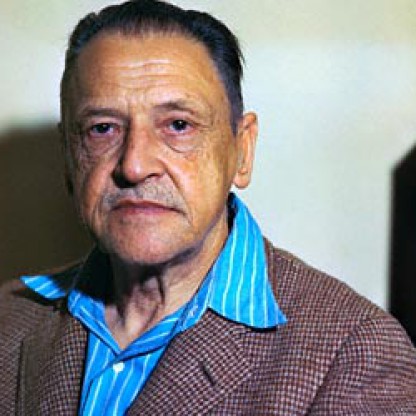One of the many novels of Chattopadhyay that are entitled to be termed as historical fiction is Rajsimha (1881, rewritten and enlarged 1893). Anandamath (The Abbey of Bliss, 1882) is a political novel which depicts a Sannyasi (Hindu ascetic) army fighting the British Soldiers. The book calls for the rise of Indian nationalism. The novel was also the source of the song Vande Mataram (I worship my Motherland for she truly is my mother) which, set to music by Rabindranath Tagore, was taken up by many Indian nationalists, and is now the National Song of India. The plot of the novel is loosely set on the Sannyasi Rebellion. He imagined untrained Sannyasi Soldiers fighting and beating the highly experienced British Army; ultimately however, he accepted that the British cannot be defeated. He categorically claimed that the British are not the enemy but friends; the Muslims are the real enemy. Hence, this novel is also termed communal in nature. The novel first appeared in serial form in Bangadarshan, the literary magazine that Chattopadhyay founded in 1872. Vande Mataram became prominent during the Swadeshi movement, which was sparked by Lord Curzon's attempt to partition Bengal into a Hindu majority West and a Muslim majority East. Drawing from the Shakti tradition of Bengali Hindus, Chattopadhyay personified India as a Mother goddess, which gave the song a Hindu undertone that would prove to be problematic for some Muslims.









